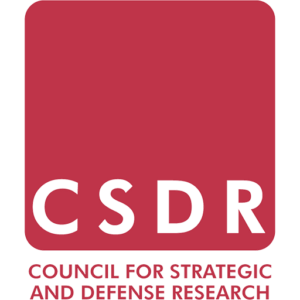This impact essay constitutes a systematic analysis of India’s options within the context of a transforming global security and economic architecture. It scrutinises the alignment between India’s fundamental interests and its current policy trajectories, with particular attention to underlying assumptions and global transitions. The analysis proceeds from the firm premise that the post-Cold War era of unipolarity-driven globalisation has reached its end, giving way to a post-post-Cold War epoch characterised by heightened instability, recurring conflict, and economic fragmentation. Major powers, including the US, the European Union, China, and Russia, are fundamentally restructuring their economic and security models in response to these shifts. It is within this evolving global order that India’s trajectory and strategic choices merit careful examination.
The essay advocates for second-generation structural reforms in land, labor, and deregulation to unlock manufacturing potential. It emphasizes the need for significantly higher defense spending, enhanced strategic partnerships with democracies, and diplomatic flexibility to prevent adversarial coalition consolidation. Unlike China, which enjoyed favorable geopolitical conditions from 1985-2014, India must complete its economic development during a deteriorating security environment, requiring immediate comprehensive reforms to maximize demographic dividend opportunities.
The essay is inspired by discussions held at the India National Lab conducted by FES Asia and FES India under the FES Asia Scenario Building and Policy Labs Program, in cooperation with CSDR and the Lee Kuan Yew School of Public Policy. Held in April 2025, the theme for the Lab was “The New Geopolitics of Asia and the Global Order of Tomorrow”. More than 20 senior experts from the Indian strategic community participated in this lab and built four scenarios for India’s geopolitical and geoeconomic future, encompassing both challenges and opportunities. The arguments presented in this essay are the author’s alone and have no bearing on the experts who participated in the Lab or any of the institutions that organized it.
